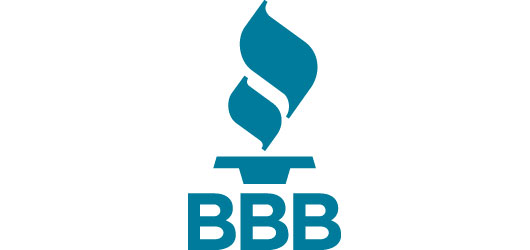Better Business Bureau warns of charity scams

America has been rocked in recent days by mass shootings that killed schoolchildren in Uvalde, Texas, and grocery shoppers in Buffalo, New York. Better Business Bureau® (BBB®) reminds those who want to help support victims’ families, survivors, and their communities to carefully check out charities before making donations, and to be aware of the pros and cons of supporting crowdfunding efforts.
“Heartbreaking scenes of grieving families and shattered communities may prompt many people to look for ways to help by donating time or money to help those in need,” said Michelle L. Corey, BBB St. Louis president and CEO. “Publicity about tragedies often is used by scammers to solicit money that never reaches those who need it. BBB reminds donors to make sure they’re donating to real nonprofits who are able to deliver aid where it’s needed.”
Corey added: “Many crowdfunding efforts have sprung up on social media in the wake of the shootings, promising to provide relief directly to individual families impacted by the violence. While this form of direct aid is admirable and well-intended, donors should be aware that such efforts may not be as reliable as established charities.”
Keep in mind that some crowdfunding sites do very little vetting of individuals who decide to post for assistance after a tragedy or a disaster. As a result, it can be difficult to verify the trustworthiness of crowdfunding requests for support. It is always safest to contribute to individuals you personally know. If the post claims it intends to pass along collected funds to a charity, consider cutting out the middleman and visiting the charity’s website directly.
In addition, donations to crowdfunding efforts are not tax deductible. Donors hoping to reap a tax benefit from this giving opportunity may consider giving to an established charity instead.
More tips for donors:
-
Rely on respected experts to evaluate a charity. Be cautious when relying on third-party recommendations such as bloggers or social media personalities, because they may not have fully researched the listed relief organizations. BBB Charity Reviews are available for more than 11,000 charities, indicating whether a charity complies with BBB’s 20 Standards for Charity Accountability.
-
Be wary of claims that 100 percent of donations assist victims. All charities have fundraising and administrative costs. Even a credit card donation will involve, at a minimum, a processing fee.
-
Be cautious when giving online to unfamiliar charities. Be wary of spam messages and emails that claim to link to a relief organization. After recent natural disasters, many websites and organizations that were created overnight allegedly to help victims turned out to be scams.
-
Find out if the charity has a presence in the impacted areas. Unless the charity already has staff in the affected areas, it may be difficult to get new aid workers into the area to provide assistance. See if the charity’s website clearly describes what they can do to address victims’ needs.
-
Find out if the charity is providing direct aid or raising money for other groups. You may want to avoid the middleman and give directly to charities that are working in the region. Check out the ultimate recipients of the donations to ensure that the organizations are equipped to effectively provide aid.
-
Gifts of clothing, food or other in-kind donations may not be appropriate. Unless the organization has the staff and infrastructure to distribute such aid, the donations may be more of a burden than a help. Ask the charity about their transportation and distribution plans.
-
Give, but give wisely. Go to BBB.org for a BBB Charity Review.



